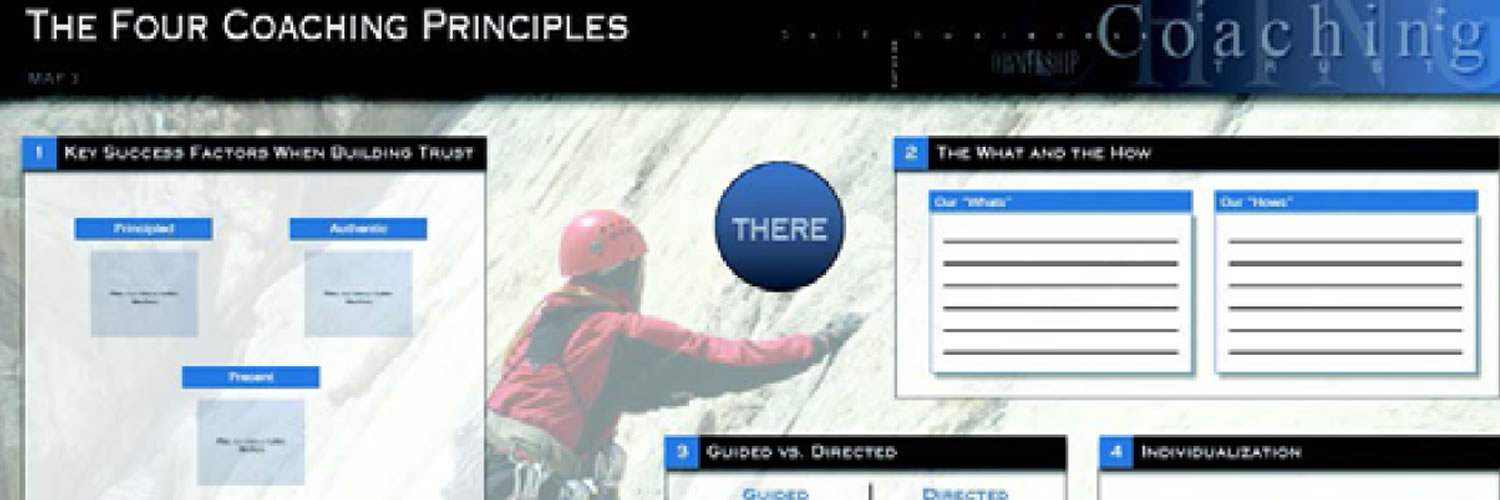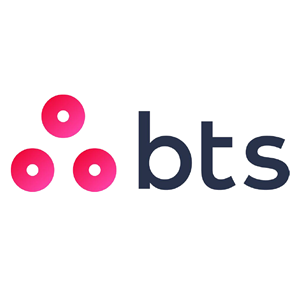
Coaching for Execution
Help leaders and managers build critical coaching skills
Those from my organization who have experienced this new program left the day as a transformed, focused, consistent coach.”
 Download/view more about Coaching for Execution
Download/view more about Coaching for Execution
High-performing companies make coaching skills a priority for their leaders, managers, and supervisors. Additionally, effective coaching requires more than just communication skills, clarity, and timeliness.
Coaching for Execution unlocks the power of a pragmatic, easy-to-use coaching model, and four supporting principles. Through numerous practice cycles and observation of modeled interactions on video, participants build high levels of both confidence and competence to immediately apply new coaching skills back on the job.
Coaching for Execution helps coaches build trust, and deal with both developmental opportunities and their most difficult performance gaps. Coaching for Execution engages learners as they work on four individually chosen, real-world coaching skills via practice experiences.
The Coaching for Execution learning experience addresses the coaching skills required to provide effective coaching that drives business results. Following the Coaching for Execution learning experience, participants:
- Realize and buy into the importance and power of effective coaching.
- Understand the impact effective coaching has on individuals and organizations.
- Know what good coaching looks like, in various real-world situations.
- Recognize areas for improvement in their coaching skills.
- Learn the importance that trust and relationships play in successful coaching.
- Discover the impact of coaching for the results and for how the results are achieved.
- Understand the need for, and differences between, directed and guided coaching.
- Learn how personal filters lead to assumptions and misguided coaching interactions.
- Improve both questioning and listening skills.
- Master a pragmatic and easy to use four-step model for coaching conversations.
- Improve their ability to write and deploy well-developed high-impact questions in coaching conversations.
- Learn a process that enables them to create a specific coaching plan for one or more of their current performers.
Module 1: Why Coach
The program begins with testimonials from real leaders on the impact coaching has had on them over their careers. Participants then share their own coaching moments, and the value they gained from effective coaches in their past. This both engages and opens the learners to the activities that follow.
Module 2: The Big Picture
After experiencing the power and value of coaching, participants explore a practical and easy-to-use coaching model along with four supporting principles that will bring optimum impact to sessions with their associates. This overview sets the stage for the participants and gives them a full understanding of what they will be working on the rest of the day.
Module 3: The ROPE Coaching Process
Using Engage Maps™ and videos, participants then work together to discover the nature and power of the practical coaching model. They watch videos of effective coaches modeling the practice, and gain a clarity on what “great” looks like.
Module 4: The Four Coaching Principles
Participants see trust in action and learn the four dimensions that create trust. They assess themselves against each dimension and build a personal plan going forward.
As a result of the Coaching for Execution learning experience, participants are skilled in using the pragmatic coaching model and have an understanding of the four key coaching principles. They can immediately implement and apply the learning back on the job, effectively coaching their performers to drive business results.

Coaching for Execution is from BTS.
Practice Area: Helping Leaders Lead

Let us know if you'd like to learn more about how this can work for you, and we'll be in touch.
"*" indicates required fields
